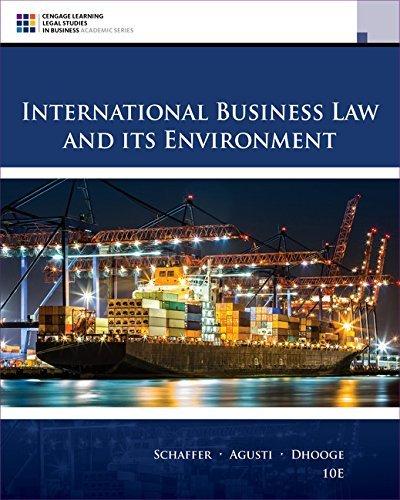Question:
The controversial Trans-Pacific
Partnership Agreement was negotiated and signed by President Obama on the basis of trade promotion authority from Congress. It includes 12 countries of Asia and the Pacific Rim, but not including China. The TPP includes provisions on trade, enforcement of labor and environmental laws, currency manipulation, IP protection, investment protection, and new rules to promote e-commerce and digital trade. President Obama argued that the TPP would boost exports and increase U.S. jobs by opening markets for American products. He also saw it as a way of increasing ties between U.S. and Asian companies while offsetting China's growing economic, military, and geopolitical influence in the pacific region. However, during 2016 the TPP came under great popular criticism from politicians and labor groups that argued that the tariff reductions would cause losses in U.S. manufacturing jobs. In 2017, President Trump said he believed in "fair trade" rather than "free trade," and called the TPP a "bad deal." Three days after his inauguration, he used a presidential memorandum to withdraw the United States as a signatory to the agreement. Those in favor of the agreement responded that if the United States did not join, that the other signatories might enter into their own agreement without the United States. Moreover, China added that it would consider entering the TPP if the United States withdrew.
What is the status of the TPP today?
Partnership
A legal form of business operation between two or more individuals who share management and profits. A Written agreement between two or more individuals who join as partners to form and carry on a for-profit business. Among other things, it states...







